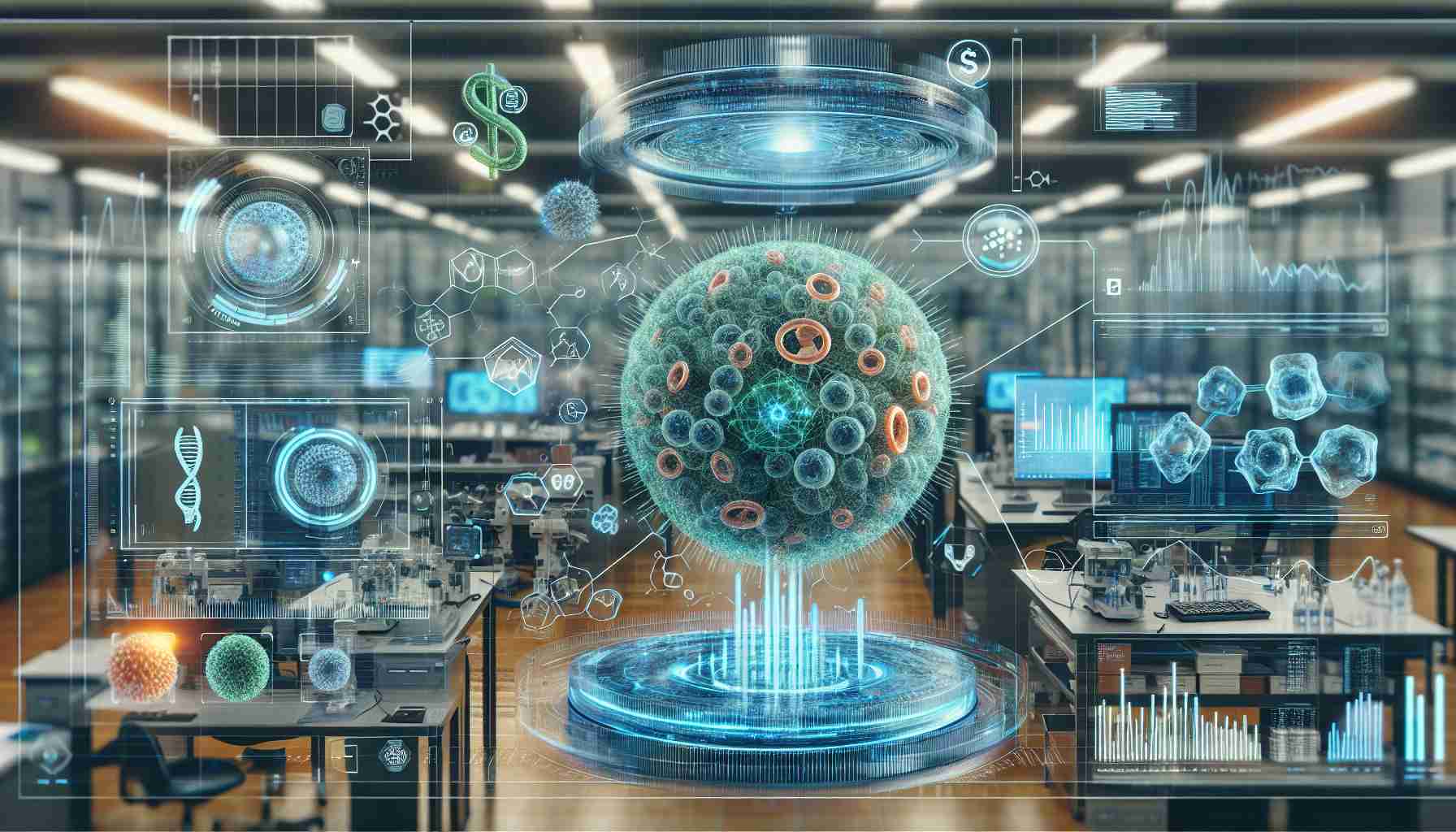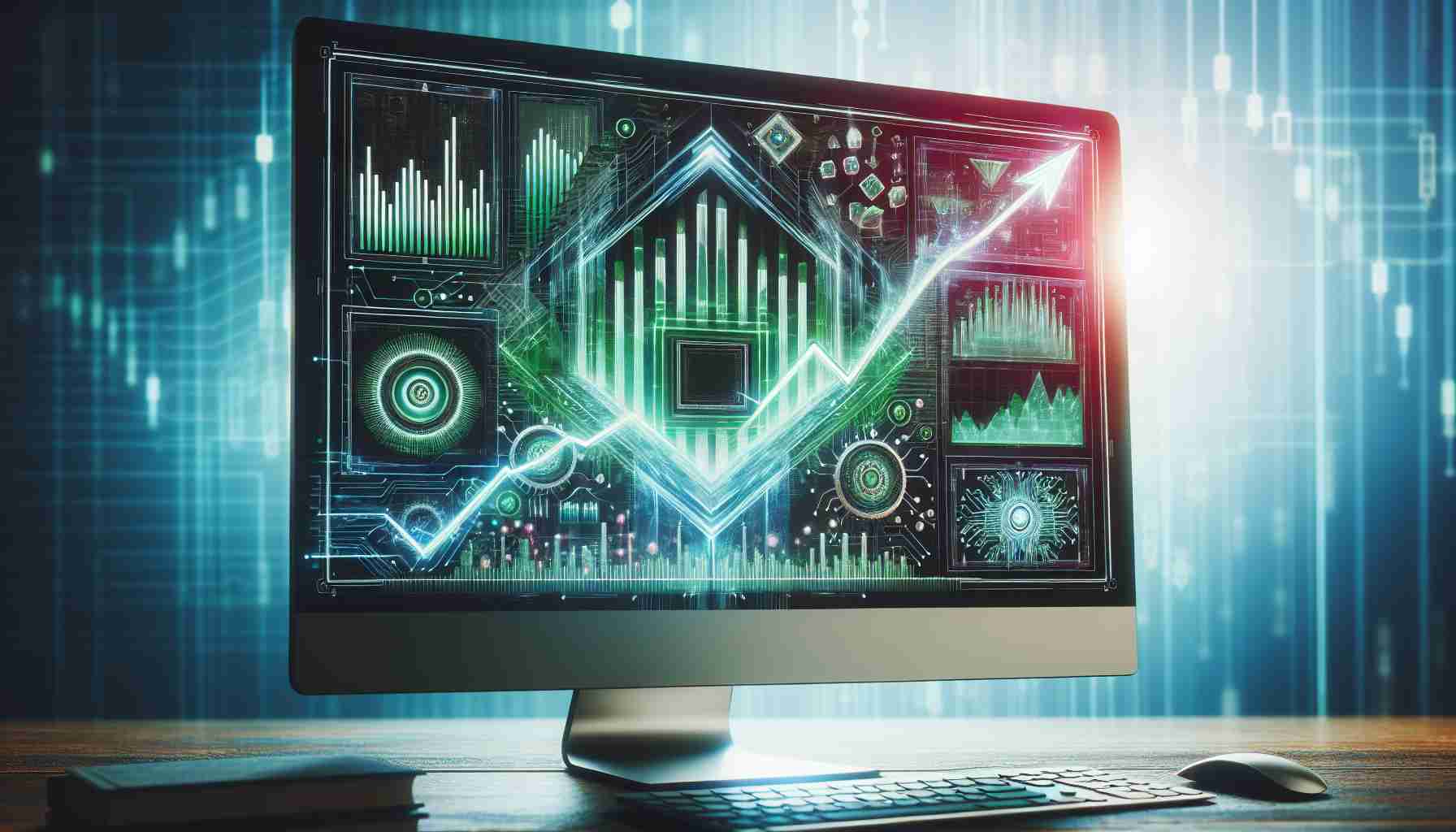- Cell Bauhaus, a startup from the University of Melbourne, has received a $3 million grant from the Gates Foundation.
- The funding is part of the Accelerator program aimed at supporting innovative projects addressing global challenges.
- Digital twins technology will be utilized to explore genetic changes and their effects on cell behavior.
- This approach aims to enhance efficiency in developing biotechnological solutions, reducing costs and time.
- The research will focus on fungal organisms pivotal for advancements in synthetic biology.
- Publicly available models will support improvements in nutrition and therapeutics.
- The grant underscores the potential of biotechnology to address food security and climate change.
In a groundbreaking leap for biotechnology, Cell Bauhaus, an innovative startup linked to the University of Melbourne, has secured a staggering $3 million grant from the Gates Foundation. This funding will supercharge their mission to explore how genetic changes can transform cell behavior using cutting-edge digital twins technology.
This funding comes from the Foundation’s Accelerator program, designed to support visionary projects that promise to tackle pressing global challenges. With their pioneering approach, Cell Bauhaus is set to digitally engineer cells, providing invaluable insights into real-world scenarios—crucial for addressing food security and climate change.
Dr. Megan Coomer, co-founder and CEO, emphasized the importance of this milestone. The grant will allow her team of multidisciplinary scientists to expand its efforts and capabilities significantly. By creating highly detailed virtual models of cells, they aim to revolutionize the way biotechnological solutions are developed—cutting down costs and time while boosting efficiency.
The funding will also propel research into diverse fungal organisms essential for synthetic biology. As these models become publicly available, they will enhance performance in nutrition and therapeutics, ushering in a new era of sustainable innovation.
As the University of Melbourne’s Deputy Vice-Chancellor noted, the support from the Gates Foundation is a testament to Cell Bauhaus’s potential. With plans to attract top scientific and engineering talent, the company stands on the brink of a transformative phase.
This grant not only signifies a major step for Cell Bauhaus but also shines a spotlight on the future of biotechnology—where digital advancements reshape our approach to critical global issues.
Revolutionizing Biotechnology: Cell Bauhaus Secures Major Funding for Game-Changing Initiatives
Overview of Cell Bauhaus and its Impact
Cell Bauhaus is an innovative startup emerging from the University of Melbourne, focused on the application of digital twins technology to genetic engineering. With a $3 million grant from the Gates Foundation, they aim to explore how alterations in genetic makeup can lead to significant transformations in cell behavior. This funding is part of the Foundation’s Accelerator program aimed at supporting pioneering projects that address urgent global challenges such as food security and climate change.
New Insights and Innovations
1. Digital Twins Revolution: The concept of digital twins involves creating highly accurate virtual models that reflect the biological aspects of physical cells. This approach allows for advanced simulations, optimizing research and development processes in biotechnology.
2. Applications in Agriculture and Therapeutics: Research will focus on diverse fungal organisms, which are pivotal for synthetic biology applications. This can lead to breakthroughs in areas like sustainable agriculture and the development of new therapeutics, potentially enhancing nutrition and population health.
3. Sustainability and Innovation: By leveraging digital twins, Cell Bauhaus can significantly minimize the time and costs associated with traditional biotechnology methods, making sustainable solutions more attainable and practical.
Pros and Cons of Digital Twins in Biotechnology
Pros:
– Increased efficiency in research and testing.
– Reduction in costs associated with physical experiments.
– Ability to simulate complex biological systems rapidly.
– Potential to innovate solutions for climate change and food security challenges.
Cons:
– High initial investment in technology development.
– Dependence on accurate data to create effective models.
– Ethical concerns surrounding genetic manipulation and biotech applications.
Market Trends and Forecasts
As biotechnology continues to evolve, the integration of digital technology promises to transform the landscape significantly. The global biotechnology market is expected to grow substantially over the next five years, driven by advancements in digital solutions and growing applications in healthcare, agriculture, and environmental sustainability.
Key Questions
1. What is Digital Twin Technology?
Digital twin technology refers to the creation of a virtual model (or twin) of a physical object, system, or process that can be used for simulation and analysis. In biotechnology, this allows researchers to predict outcomes and optimize cell behavior before physical experimentation.
2. How does Cell Bauhaus plan to use its funding?
Cell Bauhaus intends to leverage the grant for expanding research capabilities, focusing on creating detailed digital models of cells, especially in the context of synthetic biology and its applications in agriculture and health.
3. What impact could this have on food security?
By developing sustainable biotechnological methods using digital twins, Cell Bauhaus aims to successfully address challenges in food production, potentially leading to more resilient crop varieties and improved nutrients, which are crucial for global food security.
Related Links
For further insights and updates on biotechnology innovations, visit the following link: The Gates Foundation.
For more information on the University of Melbourne’s research initiatives, check out: The University of Melbourne.
In conclusion, the grant to Cell Bauhaus not only fuels their innovative research but also serves as a beacon for the future of biotechnology, where digital advancements may ultimately reshape our capabilities to tackle some of humanity’s most pressing challenges.













